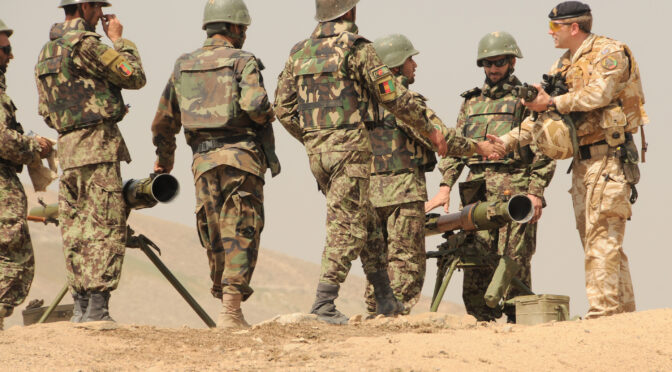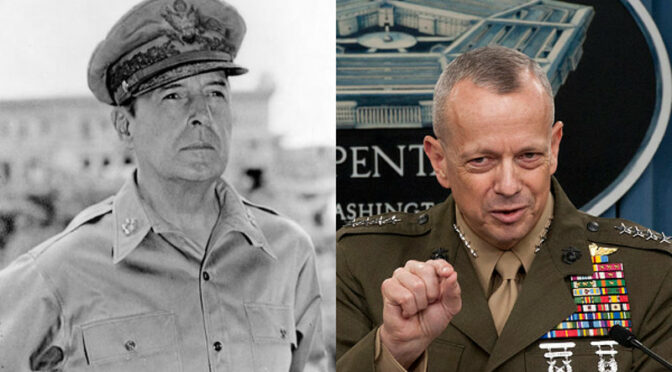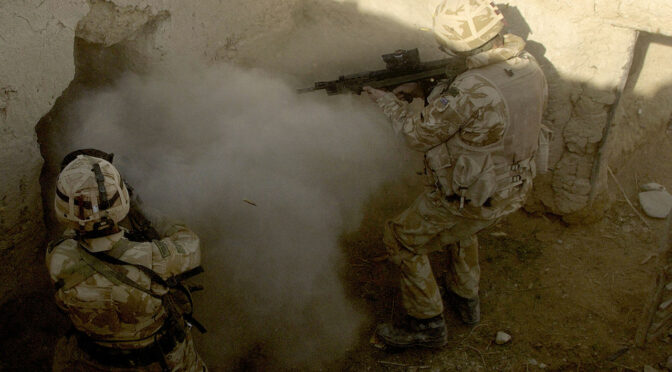Tepid tutting won’t stop the flow of jihadists to Syria, but strong action might
By
RICHARD KEMP AND JOSEPH RASKAS
Article published in The Wall Street Journal, 18 December 2014
For decades, European governments have made multiculturalism an integral part of their social agendas, particularly with respect to immigrant Muslim communities. The core values were supposed to be pluralism and individual freedom, but in practice multiculturalism has only stoked radical Islam’s unyielding nature and enabled it to subvert European society.
Many immigrant Muslim groups have not only been able to segregate themselves from the larger community. They have also made strident demands of national lawmakers and local authorities for, among other things, the right to exercise Shariah law, to impose Islamic educational principles and to prioritize perceived Muslim sensitivities over Europe’s liberal norms.
For many European Islamists, the urge to respond to the call of jihad is strengthened by the governments in Europe that legitimize their grievances. When demonstrators in July chanted “Death to the Jews” while waving the black flag of Islamic State, they gathered freely—not in Syria or Iraq, but in the Hague, where their right to support that genocidal group was protected.
Islamic State has declared, and capably demonstrated, its intentions to achieve genocidal goals. The group espouses an extreme form of Sunni Islam, which it pursues brutally through mass executions, crucifixions and beheadings, and answers to the word of Abu Bakr al-Baghdadi, a zealot so radical that even al Qaeda has denounced him, albeit for its own tactical purpose.
For now, Islamic State’s efforts are focused mainly on Syria and Iraq, where it has conquered large swaths of territory and butchered non-Muslims, Sunni “apostates” and Shiite Muslims. If not confronted, however, it’s only a matter of time before it turns its attention outward. This week’s hostage-taking in Sydney is an early warning of the group’s magnetic effect on violent residents of the West. With more than 15,000 European jihadists now fighting with Islamic State, some of these radical soldiers are bound to return home, bloodied, carrying crucial military experience, and with blueprints and orders for further destruction and conquest.
More than 40 countries have already joined an anti-Islamic State coalition. The U.N. Security Council has adopted a binding resolution compelling states to prevent their nationals from joining jihadists in Iraq and Syria. That’s a start.
Meanwhile, recent reports indicate that hundreds, if not thousands, of European jihadists are becoming disillusioned with Islamic State. According to media reports, Continue reading






